Greetings, fellow container home enthusiasts! It’s your friendly neighborhood container home aficionado, Lulaa Black, back with another thrilling installment in our container home journey. Over the past four years, we’ve explored everything from ingenious container home designs to the challenges of converting these steel giants into cozy abodes. Today, we’re diving into a topic that’s been buzzing in the container home community – the evolving landscape of container home legislation.
Container homes, with their sleek aesthetics and eco-friendly appeal, have been steadily gaining popularity as a sustainable housing option. However, navigating the legal framework for these unconventional dwellings has been a bit like finding your way through a maze blindfolded. But fear not! The tides are changing, and container homes are inching closer to mainstream acceptance.
The Early Days of Container Home Legislation
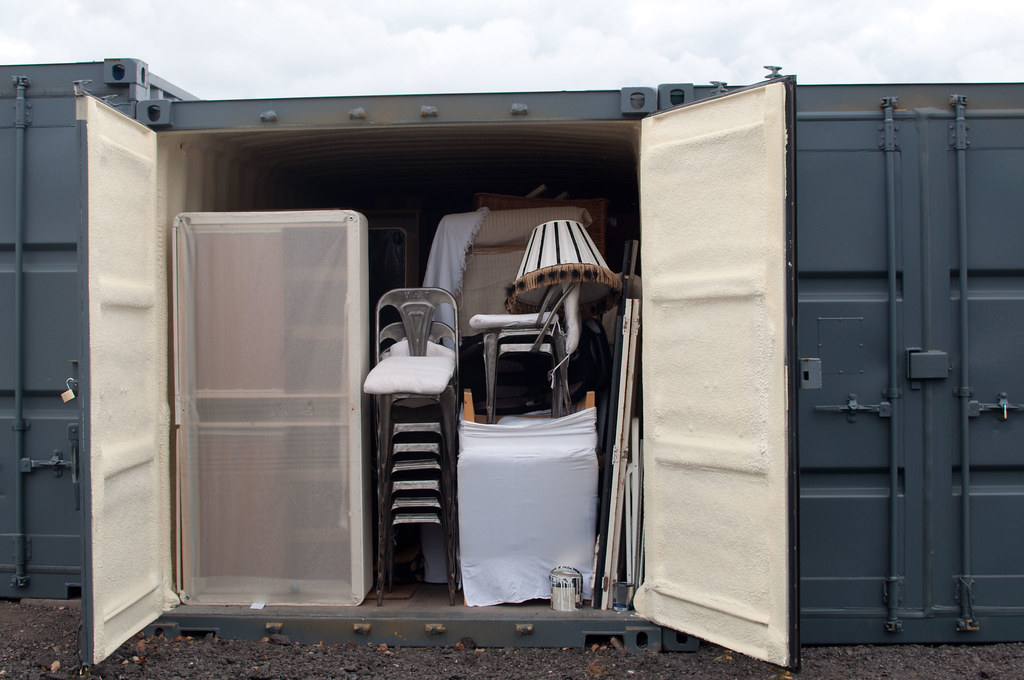
Ah, the good old days when container homes were more of a quirky novelty than a mainstream housing choice. Back then, legal hurdles were aplenty, and zoning regulations often treated container homes like alien spaceships in suburban neighborhoods.
Consider the case of Jim and Debbie, a couple from Arizona who decided to build their dream container home. They faced a barrage of bureaucratic red tape, with zoning officials scratching their heads and neighbors raising eyebrows. Jim quipped, “It was like they’d never seen a container home before. They probably thought it was a giant lunchbox.”
But these early pioneers persevered. Jim and Debbie worked with local officials to draft zoning amendments that allowed for container homes, showcasing the importance of grassroots efforts to change the game.
The Rise of Container Home-Friendly Legislation
Fast forward to today, and the landscape is shifting. Container homes are now being recognized as a legitimate housing solution, thanks to the relentless efforts of container home advocates and a growing awareness of their benefits.
For example, in the coastal city of Long Beach, California, container homes have been embraced as a solution to the affordable housing crisis. The city’s zoning codes were updated to allow for container home projects, offering a glimmer of hope for those looking to live affordably in this beautiful beachfront locale.
In Denver, Colorado, a developer transformed a former shipping container factory into a container home community. The city embraced the project, seeing it as an innovative way to repurpose industrial space and address housing needs simultaneously.
National Legislation and Building Codes
While local zoning changes are certainly significant, there’s also progress happening at the national level. The International Code Council (ICC), which sets building codes used across the United States, has been making strides in recognizing container homes.
Container homes have their own set of unique challenges when it comes to building codes. Proper insulation, ventilation, and structural integrity are essential considerations. The ICC’s efforts to develop specific guidelines for container homes have been a game-changer, providing a framework that both builders and inspectors can work with.
However, it’s worth noting that the pace of change at the national level can be slower than we’d like. Building codes are notorious for their conservatism, and it takes time for new ideas to be integrated fully. Nonetheless, the fact that container homes are now on the radar of such influential bodies is a promising sign.
Success Stories and Legal Milestones
Let’s not forget the success stories that have paved the way for container home enthusiasts everywhere. Shara, a single mom from Oregon, fought tirelessly to have her container home approved. She challenged outdated zoning laws and helped usher in a new era where container homes were viewed as a creative and viable housing solution.
Similarly, in Texas, a group of friends came together to form a container home co-op. Their innovative approach to affordable housing gained widespread attention and led to changes in local zoning ordinances.
These stories demonstrate the power of advocacy, community, and creativity in shaping container home legislation. As more success stories emerge, they contribute to a growing body of evidence that container homes can be integrated seamlessly into the housing landscape.
Challenges and Remaining Hurdles
While we’ve come a long way, it’s essential to acknowledge that challenges still exist. Not all areas are container home-friendly, and local regulations can vary significantly. Some jurisdictions still have strict restrictions that make container home projects difficult or impossible to pursue.
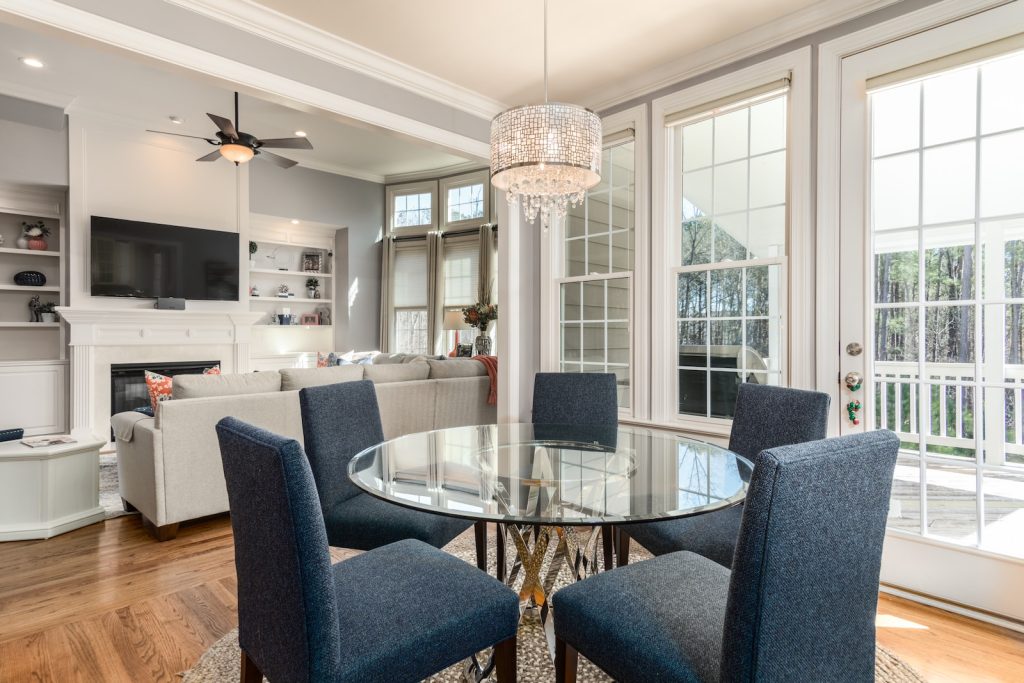
Financing can also be a hurdle, as traditional lenders may be hesitant to provide loans for unconventional housing. However, specialized lenders and crowdfunding platforms are emerging to fill this gap, making it easier for aspiring container homeowners to secure the funds they need.
The Future of Container Home Legislation
So, what does the future hold for container home legislation? Well, the trajectory looks promising. As awareness of container homes continues to grow, so too does acceptance. We can expect to see more cities and states revising their zoning codes to accommodate container homes, making it easier for individuals and families to pursue this unique housing option.
Furthermore, as container homes become more mainstream, the market for container home-related services, such as design, construction, and financing, will continue to expand. This growth will further legitimize container homes in the eyes of both consumers and policymakers.
Conclusion
In the ever-evolving landscape of container home legislation, we’ve witnessed tremendous progress over the past few years. From being viewed as eccentric novelties, container homes are now seen as viable solutions to pressing housing challenges, both in terms of affordability and sustainability.
While challenges and variations in regulations still exist, the container home community has proven its resilience. Advocates, builders, and homeowners have paved the way for a brighter future where container homes are a recognized and celebrated part of our housing landscape.
So, to all you container home dreamers out there, keep those creative juices flowing, and don’t be afraid to roll up your sleeves and advocate for change. The future of container home legislation is in your hands, and together, we’ll continue to shape it into something remarkable and sustainable. Happy container home building, my friends!





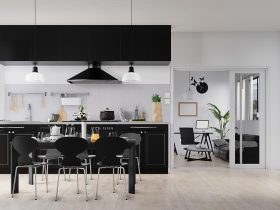






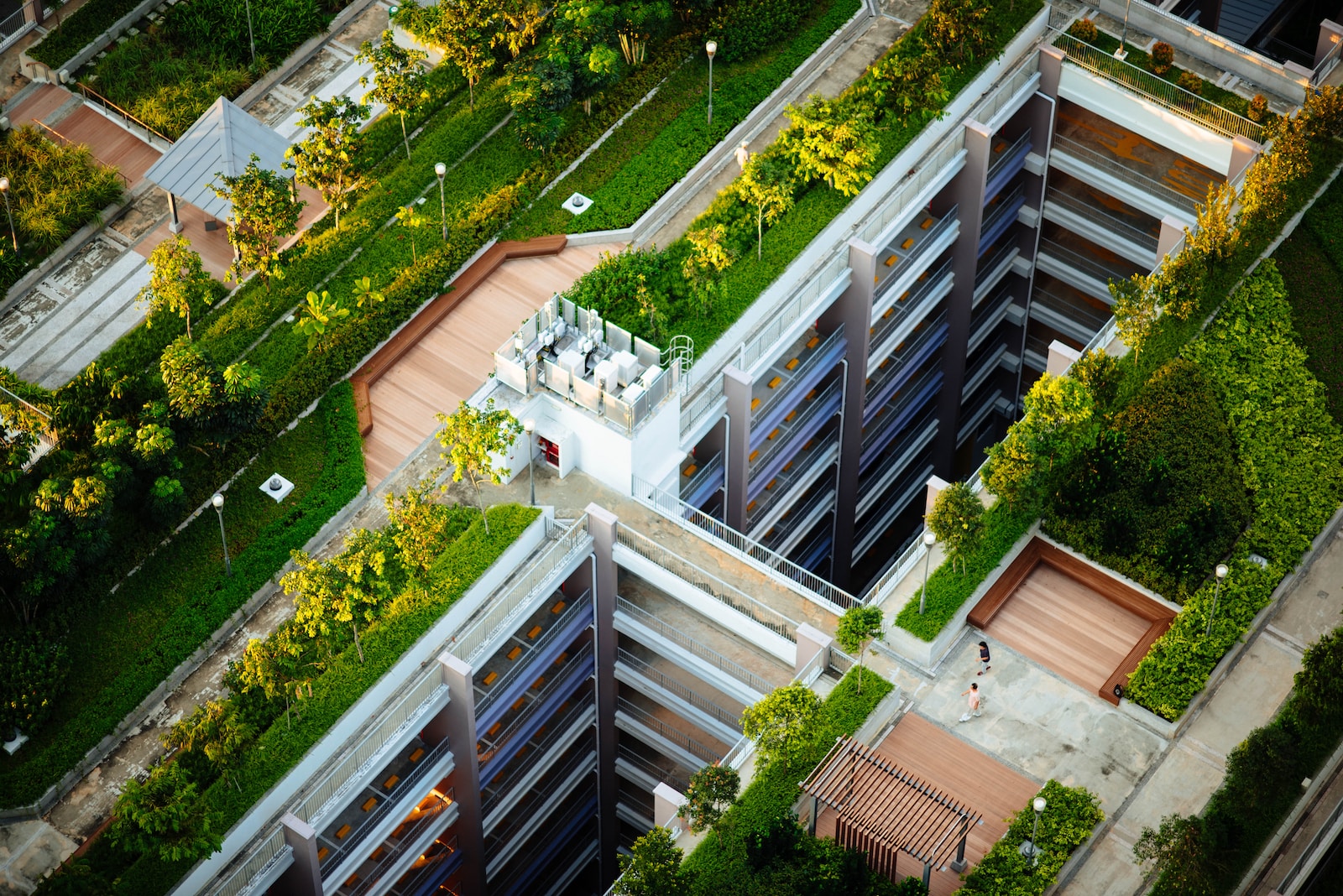







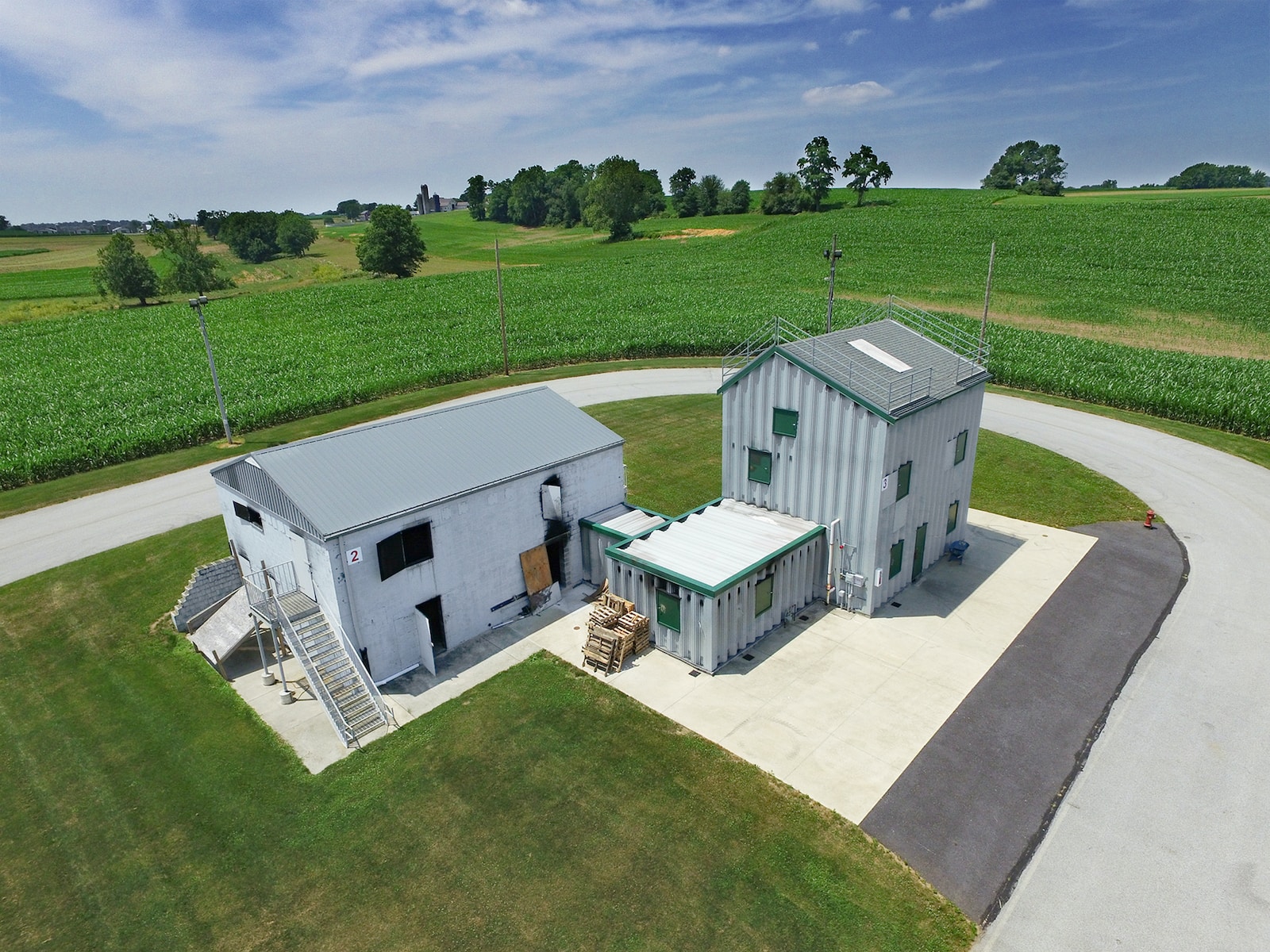
Find Us on Socials